GENTLE, POSITIVE WEANINGWhile the word "weaning" often conjures up images of wailing babies and swollen, painful breasts, gentle, baby-led weaning is often so gradual and natural a process that mother may not even remember the exact day or even week that her little one weaned from the breast. Gradual weaning is gentler on both mother and baby. I use the term "positive weaning" to describe this style of weaning. Instead of abruptly removing a child from the breast, positive weaning is a mindset that respects the child's developmental readiness and views weaning as a process. Being "fully weaned" is a milestone and achievement, like mastering how to use the toilet, learning to ride a bike, or learning to read. Positive weaning also respects the mother's needs and bodily integrity, since the process of weaning may often be the child's first exposure to the idea that each person's body belongs to that person, and their first experience of respecting that others can, and will, say "no" to him or her on occasion. These important lessons have many benefits for the child long into the future. INFANT MASSAGENo matter how they are fed, newborns benefit from infant massage as they transition from womb to world. For a young child, touch is as vital to life as milk. Infants who regularly receive infant massage cry less, develop faster, and have fewer discomforts. Infant massage is a wonderful way to encourage your baby's health and well-being while bonding with your child. JOYFULLY WELCOMING A NEW SIBLINGFor many children, their special time as the "baby of the family" will come to an end when a new sibling arrives. The uncertainty of how their child will handle this transition is often a source of considerable worry for parents during pregnancy. Often in books or shows on this topic, the older sibling is portrayed as jealous and the parents or grandparents as only interested in the new baby, and in my opinion, these negative depictions plant seeds of worry and pessimism in the older sibling that may contribute to a long-term "sibling rivalry." My own experiences as a mother of seven have taught me that this transition is easier on the new big brother or sister when the older child is involved in the pregnancy; for example, attending prenatal care or ultrasound appointments; looking at ultrasound photos together; or helping to pick out clothing or prepare the home for the new baby. It is beneficial if there have been age-appropriate discussions of the birth process and birth plans; as well as frequent discussions of what they can expect of a newborn, and how Mom, Dad, and Big Sister or Brother will care for the baby...all with a positive, excited attitude. During the typical challenges of pregnancy, and especially if complications arise during the pregnancy or birth, it is best to talk with your child in an age-appropriate way about what is happening to mommy or baby and how they can help, even if in very simple ways, like, "Please bring Mommy a glass of water." When the child does these precious acts of service, praise the child, letting him or her know what a great big brother or sister he / she already is. Empathy, gentleness, education, and encouragement will go a long way toward helping the young child to embrace this new role that, God willing, will last a lifetime. SCBP RESOURCES
0 Comments
We had been hoping for and planning to try for another child -- so the news I was pregnant was welcomed by both of us -- but I share this story to let you know that holiday weaning -- and an unexpected holiday-conceived baby -- aren't just theories for me! A mere two months prior to that positive pregnancy test, when our oldest child turned two years old, I had visited my doctor to let her know that my fertility (both menstruation and ovulation) had not yet returned. Due to my prior history of infertility, she had advised that we begin to investigate possible causes. However, I had done nothing more than talk to the doctor when we conceived our dearly loved second child. Surprise! What happened? After giving birth, a breastfeeding mother has two different hormonal "sides" that can be imagined as the two sides of a scale. On one side, she has breastfeeding hormones that promote lactation (and tend to suppress ovulation) -- and on the other, reproductive hormones that promote ovulation, and which may lead to another pregnancy. While the timing of her return of fertility varies from woman to woman, and even from baby to baby by the same mother (due to many different factors) the general principle is that frequent and unrestricted suckling at the breast is the most important factor that keeps the breastfeeding hormones side of the scale "heavier," resulting in continued natural suppression of fertility. However, the further out in time from the birth, the easier it is for the reproductive hormones to tip the scales, so that menstruation or ovulation may return. This is part of the reason why the holiday season is indirectly responsible for many late summer and fall babies! What factors contribute to this unexpected holiday-related return of fertility? Here is a partial list:
If, like my husband and me, you are hoping for another baby, then just pay attention to your signs of fertility and enjoy making your holiday baby if the signs point to being fertile! However, especially if your baby is under a year old, you may want to protect your breastfeeding relationship, discourage weaning, and delay making a new baby until later in the future. In that case, you definitely want to do what you can to avoid changes in your usual nursing and sleeping routines as much as possible. This may not be the year to host holidays and celebrations! Keep your meals and preparations simple, and maybe even skip some of this year's parties. Remember, you need to maintain your normal routines as much as possible, so that baby's frequent suckling at the breast remains as consistent as possible. At the same time, be vigilant to observe and record your signs of fertility, so that if you do detect any changes that indicate fertility, you and your husband can still celebrate, but in less intimate ways. If a more detailed discussion of how to protect your breastfeeding relationship during the holidays, how to interpret your signs of fertility, or how to understand the return of fertility after birth would be helpful to you, contact me (Christelle) to book a free online, phone, or in-person consultation. As a certified breastfeeding counselor and fertility educator, I can help! For Catholic breastfeeding mothers, "Navigating the Holidays as a Breastfeeding Family," and the unexpected return of fertility are the discussion topics of our online Catholic Nursing Mothers' Group in November. Reach out if you would like to join us for this free online breastfeeding support group!
If you've used Natural Family Planning [NFP] or a fertility awareness method for any length of time, you've probably heard this joke: Q. What do you call people who use NFP? A. Parents! [Yucka yucka yucka.] You may have heard that natural methods of family planning have a very high rate of effectiveness at avoiding pregnancy, as high as 99% effective, depending on the rules followed. To achieve this high rate of effectiveness, natural methods of family planning rely on abstinence from sexual intercourse and genital contact without penetration -- yes, contact pregnancies are a thing. So if that's the case, how come "NFP families" tend to be so darn big??!! (Cue family photo here.)  (Yes; they're all ours.) Let's get real. How come NFP families tend to be so darn big? 1. Taking chances. NFP requires abstinence. As I said before, "To achieve this high rate of effectiveness, natural methods of family planning rely on abstinence from sexual intercourse and genital contact." How many people do you know who are super good at abstinence from say, junk food? White lies? Gossip? And those aren't even particularly good things. Sex is a good thing. Sex with one's spouse is a very good and wonderful, and yes, pleasurable thing. Let's be real...sometimes the idea of maybe-possibly-who-knows? we could have another baby -- and babies are also very good and wonderful -- doesn't seem like such a Bad Idea. So the couple takes a chance...and along comes little Jenny or Timmy. I won't embarrass my kids by naming names, but let's just say I have personal experience with reason #1. If you are serious about not getting pregnant, you cannot, I repeat, CANNOT, take chances. 2. Being inexperienced or "relaxed". If you don't really understand how NFP works... like maybe you learned from the internet for example...you might not really understand how to observe, record, and interpret your signs of fertility. The evil twin sister of this idea is when you really do know how to do all of the above, but you just get kind of in a mindset that things are usually like "x" so you don't really need to do all the things and poof! just like that, something changes and a couple weeks later you're looking down at two pink lines...ask how I know lol. Natural methods are very unforgiving of missed observations and wishful thinking. You gotta do the method consistently to expect it to work. 3. Changing your minds. One of the benefits of natural methods of family planning is even if yesterday you were darn sure you never wanted another baby, you can change your mind the very next day and there's nothing to worry about or wait for. Go ahead and try! Newsflash: families using NFP don't need to announce their pregnancy intentions to anybody, so even if you assume or they told you that they're using NFP to avoid pregnancy, maybe they changed their minds and that is why they're having another baby! Don't assume the method "failed" -- it actually may have been used to achieve a wanted pregnancy! Thank the method for indicating you were fertile so you were able to have a baby that you wanted! 4. Method failure. While rare, it is possible that the couple used the natural method correctly, didn't take chances, and still got pregnant. If you are having sex, or even just "fooling around" without penetration, pregnancy is possible. This is true of any methods (natural or not), as long as the woman's ovaries and the man's testicles are intact. Even patients who have had a tubal ligation or vasectomy become pregnant from time to time. Life sometimes finds a way, even when the "chance" of pregnancy is extremely low! As with any family planning method, natural methods used correctly may fail to prevent pregnancy. If your sexual organs are intact, complete abstinence is the only way to be 100% certain you will not become pregnant. Share your NFP stories! I would love to hear from you!
2/16/2023 'ALL SMILES': MOTHER SHARES HOW BABY SIGNS HELP HER COMMUNICATE WITH BABY (INTERVIEW)Read NowIt was such a joy to have a dear young mom and her sweet first baby, Emma, in a recent Sign, Say, and Play baby sign language series. Here are the mother's thoughts about St. Croix Birth & Parenting's Baby Signs classes! Q: What reasons did you have for wanting to learn Baby Signs (R) with your baby? A: We wanted a way to communicate with Emma before she was able to do so by speaking so we could better respond to her needs and help her to feel empowered and connected. Q: Do you think Emma enjoyed the classes themselves? If so, how could you tell? A: Yes! Watching on the iPad for 45 minutes was beyond her so young, but she definitely engaged happily each time, and she really seemed to enjoy playing pretend dressing her Teddy—all smiles and excited sounds! Q: Did you ever see Emma use Baby Signs in her daily life? If so, what signs did she use? A: She is not signing yet, but she seems to watch our hands when we do. Q: Can you think of a time it helped you or other family members to use signs with Emma? A: We use them as much as we can, especially “all done” and “more,” which I think has really helped us with feeding but also when we have to change activities or redirect her to say we are “all done”! Emma always smiles when we sign “dog”! We definitely think they will help as her capacity to comprehend the signs and then to use them grows! Q: Is there anything you would say to parents or caregivers about using baby signs with babies? A: It is fun, functional, and building strong connections between my baby and me and in her brain as she already develops her neural pathways for language before she can ever speak. Q: Would you recommend SCBP Baby Signs (R) classes? A: I already have to several moms! Thanks so much for this wonderful feedback!
While postpartum mood disorders like postpartum depression and postpartum anxiety have become well known, awareness of prenatal mood disorders is not as well known. It can be hard to tell if you are "just" pregnant or if you may be depressed. This graphic can help you tease out the differences. If you suspect you might be depressed, make sure to reach out to your health care provider or a mental health professional and share what you are feeling. It is very important to get proper treatment of mood disorders, whether they come up before or after your baby's birth. There are treatments that are safe for you and baby! You are beautiful; you matter; and your mental health matters!
First, a little of my own story. As newlyweds who weren't trying to conceive, my husband and I weren't expecting to become pregnant only six months into our marriage, but I was thrilled. I recall announcing my pregnancy to my employer and being scolded for breaking the unspoken rule (of which I was unaware!) that you shouldn't tell people you're pregnant until you have passed the somehow magical twelve-week point of pregnancy. (The truth is pregnancies do end after twelve weeks -- and unannounced earlier losses aren't necessarily any easier to live through...alone.) Just a few weeks after my pregnancy announcement, I noticed I was bleeding. Immediately seeking medical care, I was devastated when I was informed that the embryo had not formed after implantation. Sadly, our tiny first baby had died very early in development. We were the first of our friends to get married and certainly the first to lose a baby, and I felt quite alone during that loss. Thankfully, I received support from our midwife and a local organization that still supports families going through pregnancy loss. When someone you know has announced their pregnancy, only to find out at some future time that their baby's life (or babies' lives) have ended before or during birth, it can be a confusing situation for loved ones. You might wonder what to say or do, and what not to say and do. Every bereaved parent grieves differently and has different needs, so the best practice is simply to ask, "What can I do for you?" However, in the midst of the fog and pain of grief, it can be difficult for bereaved parents to come up with any concrete answers to this question, so here are some general principles that are a good place to start. You can remember these tips with the acronym: SUPPORT. SPIRITUAL SUPPORT. Parents who have lost a child or baby have a real need for their spiritual community to encircle them with heartfelt prayers of blessing, sorrow, and hope; practical service; reflective listening; and genuine caring. As I was before my first pregnancy, many new parents may be blissfully unaware that pregnancies don't always result in gender reveal parties, glamorous baby bump photos, and picture-perfect nurseries, but instead end in physical pain, uncomfortable procedures, and a grave. Such a shock can be a significant challenge to their faith. Are they being punished for something they did in the past? How could a loving God allow them to live through such pain? Does God even care about what they are going through? The bereaved family has a right to experience their spiritual community (or even a loving friend of faith, if the family is not a member of a faith community) to accompany them through their grief. To assure them they are not being punished for past sins or mistakes. That God is with them in their grief. That He weeps with them. And please, unless you are truly a prophet with some extraordinary revelation, do not make the mistake of falsely promising that God will give them a baby in the future. Such false promises only ease your own discomfort at walking with this family's grief and can be a future source of pain and even loss of faith if the "prophecy" fails to come true. USE THE BABY'S NAME. While not all bereaved parents may choose a name for the baby who has passed away, it can be healing to do so. If they do choose a name, it is healing to their hearts to hear you use the baby's name. For example, "Can I see Talia's ultrasound photos?" or "Where is Easton's grave? I'd like to visit." Losing a baby is a unique pain because there may be very few or even no physical reminders of his or her existence once the loss is complete. There may be no birth certificate, no gravesite if the loss was early, no birth photos, perhaps not even any clothes or diapers left behind. Using the child's name assures the parents that their child did exist, although his or her life was brief. Using the baby's name is a way to demonstrate that you are bearing the burden of grief with the parent; he or she doesn't have to be the only person to bear witness to the unique value of the child's life. And if the parents do not choose a name, I suggest you refer to their child as "your baby" rather than clinical or dehumanizing terms such as "the fetus," "the product of conception," "the embryo," or "it." PHYSICAL SUPPORT. In the early days, weeks, or months, the trauma of loss may be very intense. Help the family with physical needs such as providing water bottles, food and meals, gift cards for food (or gas cards if the mother is hospitalized for an extended time), doing laundry, or cleaning house. However, do not try to be "helpful" by cleaning out the baby's nursery or putting away the baby's things, unless specifically asked to do so by the parents. While it will likely be painful for them to see the nursery or baby's clothes, toys, or other gear, it can be an important part of the healing process to live with these things for awhile as it helps assure them that the baby did live for a short while, even though he or she is no longer alive. When they are emotionally ready, it can be an important step in the parents' healing to personally be the ones to decide to put baby's items away or let them go. Don't try to hurry this step along without being asked by them, and thus rob them of what could be important steps in their healing journey. PATIENCE AND LISTENING. Be sensitive that grief for a baby may last a long time, longer than you expect. Avoid platitudes or cliches such as "you can have another;" "time heals all wounds;" or false beliefs such as "God took the baby because He needed another angel." Instead, listen, hand out tissues to catch tears, and offer a hug. Affirm the parents' feelings. "You sound really mad; that would make me mad, too." "You really needed someone to be there for you; I'm sorry I couldn't be there. I'm here now." "It sounds like you really miss not only the baby, but all the things you wanted to do with him / her." "You sound like you feel guilty about ..." Do your best to not judge the parents' feelings. Encourage them to get help from a trained mental health professional or spiritual counselor if they begin to seem overwhelmed by their grief. Offer to drive them to appointments as it can be difficult to do things like driving or finding new places when you are in the midst of deep grief and possibly a mental health crisis. ORGANIZE HELP. In coordination with your faith community, school community, neighborhood, workplace, or social club, organize help for the family with things like childcare for any older children, meals / meal trains and household help. If organizing things is not your strength, recruit someone who is good at it! Little by little, with healing and good support, the family will be able to resume these activities, but in the meantime, you can make a huge difference for this family.
TALK ABOUT THE BABY. A common myth is that you shouldn't talk about the baby because it will remind the parents about their child and make them sad. Trust me; they won't forget their child. Early in the grieving process, the bereaved parent will frequently be consumed by thoughts of their baby and the loss. As the grief journey matures, thoughts of the child will gradually become less frequent, but hearing that you still remember him or her will likely be very comforting to them. Bereaved parents need to know that their baby's life mattered and that they do not hold the sole burden of remembering this tiny, and very important, life. It has been many years since my first loss, and since then, I have had the blessing of seven living children, and the sorrow of several other losses. Thankfully, compared to my first loss of Kate Leilani in 1998, I experienced so much more awareness and support by my friends and community when I suffered the loss of my baby, Anais Zelie, in 2016. Hopefully, this list of practical ways to SUPPORT your loved one will help you so you can accompany your loved one through the loss of their precious baby. Comment below and let me know if this list was helpful to you! What would you add? RESOURCES FOR FAMILIES EXPERIENCING PREGNANCY OR INFANT LOSS
Halos of the St. Croix Valley. For St. Croix Valley residents in Minnesota and Wisconsin, and Twin Cities area residents, Halos provides emotional and financial support for families experiencing the loss of a child at any point from pregnancy through age 20. Catholic Miscarriage Support. A website with practical resources for Catholics about miscarriage and links to sources of support, for miscarriage and stillbirth, throughout the USA.
Parents are often the ones who take baby sign language classes so they can communicate with their baby before baby can talk. But learning baby sign language is helpful for anyone who spends significant time with a baby, including siblings, grandparents, daycare workers, babysitters, and other caregivers! Earlier this year, Emilie, a nanny, asked her employer if she could take the Sign, Say, and Play online Baby Signs (R) Class with her nanny charge, Emma. I asked Emilie about her experience using baby sign language with Emma. SCBP: What reasons did you have for wanting to learn Baby Signs with your nanny baby? Emilie: I wanted to learn baby sign language with Emma because I knew how much it would help us communicate with each other. I have used sign language in the past in my family growing up and I was interested in trying it as a caregiver. SCBP: What age was Emma when you began to take classes with her? Emilie: Emma was seven and a half months old when we took our first class.
SCBP: Did you ever see Emma use Baby Signs in her daily life? What signs did she use? Emilie: Yes! Emma loved to use baby signs as she grew older. Her favorite signs were "Dog", "More", "All Done", "Book", and "Fish"!
SCBP: Is there anything you would say to parents or caregivers about using baby signs with babies? Emilie: Using baby signs is a great way to give your little one a way to communicate early on in life. When their vocabulary is bigger than just "cry" and "smile", it will surprise you how much easier it is to care for them! You can simply give them what they tell you that they want, most of the time. SCBP: Would you recommend SCBP Baby Signs classes? Emilie: I would definitely recommend SCBP Baby Signs Classes. They are a fun and easy way to learn a great way of communicating with your little one. SCBP: Thank you, Emilie, for taking the time to answer these questions about your baby sign language experience! Emilie: I am always happy to help out! And it was so fun to take the classes. BABY SIGN LANGUAGE RESOURCESSign, Say, & Play class series: six fun online classes for little ones 6-24 months old covering the main topics that you need to know to communicate with baby, including mealtime, bedtime, bath time, pets, getting dressed, and playtime Rumble Tumble Tummy Time class series: four fun online classes for babies 2-6 months old that use signs, song, toys, and games to make tummy time fun! Featured Freebie class: SCBP offers FREE theme-based baby sign language classes every month for children from birth to age 6! View and sign up for this month's Featured Freebie class here. Baby Signs Too: a website with a directory of certified Baby Signs (R) instructors from around the world and lots of baby signs resources for sale, too!
August was a busy month for SCBP! The month got rolling with the August 4 session of the Catholic Nursing Mothers' Group, a group co-sponsored by the Catholic Nursing Mothers' League. We discussed "Comfort Nursing." We welcomed nine mothers and their children to this online session. The next day, August 5, I talked about "The Works of Mercy and Perinatal Loss" at Peace House right here in Stillwater, Minnesota. I was blessed to spend a lovely evening with several of the members of the Catholic Worker movement, who help women and mothers and their children in need of transitional housing, support, and life coaching. I was able to share with the group about our affiliated ministry, Tiny Treasures Perinatal Support. Team Tiny Treasures ships clothing and care packages to families facing or experiencing perinatal loss. It was an honor to discuss how this ministry is a way to "clothe the naked," "comfort the mourning" and "bury the dead". The following day, August 6, my daughter, Emilie, joined me at the 12th Annual Memorial Walk for Halos of the St. Croix Valley, in New Richmond, Wisconsin. It was an honor to provide support (and demonstrate the resources our affiliated ministry, Tiny Treasures, provides) for the individuals and families who came out to walk to support this wonderful organization that support grieving parents and families. In mid-August, BeeBo Bear and I had the joy of providing the August Featured Freebie Class, "A, B, C, Sign with Me," online for several mothers and their children. In this class, we had a blast learning all of the manual alphabet signs, while signing songs, and reading the classic alphabet book, Chicka Chicka Boom Boom! Some of these mothers and kids told their friends about the fun they had in the class and just a week later, BeeBo Bear and I repeated the August Featured Freebie Class, "Under the Sea" Baby Signs Class for a larger group of mamas and littles. In this online class, designed for toddlers and preschoolers 2-5 years old, we created an octopus, sang songs, and told a story to help little ones grow in the virtue of self-control.
Progressive Relaxation 1 is a progressive relaxation session focusing on tensing and releasing the muscles under your conscious control so that you can learn how your muscles feel when they are tense and relaxed. This will help you release the tension in your muscles to conserve energy for the work of birthing your baby and activate the relaxation response. 8 minutes, 46 seconds. Note: there is no background music during this video so that you can use any music you find relaxing, if you choose. If you use the same music during your relaxation sessions, you will condition yourself to respond to the music with relaxation. If you then choose to play the same music during your birth, you are more likely to be relaxed!
I had the opportunity to answer questions and answers about Bonding with Baby yesterday at the free online SuperMoms-in-Training Summit. It was a great experience! Since the actual recording is reserved for summit participants, here's a recap of what I discussed. To bond with baby (as well as older children!) I suggest new parents look into attachment parenting (AP). I would argue that AP is simply instinctive parenting that has been practiced since the beginning of the human race, but it has been promoted in recent decades by Dr. William Sears and his wife, Martha Sears, RN. In their book, Attachment Parenting,* the Searses promote the "Seven B's" of AP:
In my Summit Q & A, I discussed a little bit about each of these practices. One reason I encourage mothers to work toward a natural, unmedicated birth without routine interventions is because such a birth usually provides the best conditions for normal breastfeeding, and breastfeeding is an important factor in bonding. Another important part of Birth Bonding is skin-to-skin contact between mom and baby -- and also dad and baby! And skin-to-skin is something you can do with your baby anytime, not just at birth. Research suggests that Breastfeeding is an important factor in mother-baby bonding. It's important to add that breastfeeding doesn't guarantee bonding, and other feeding choices certainly don't prevent bonding! However, breastfeeding releases bonding hormones in baby and mother, and is known as an important factor in bonding. There was a question about what can be done to prepare for breastfeeding during pregnancy. Make sure to get a lactation consultant lined up before you have a need! If needed, it is much easier to make a call for help to someone with whom you have already established a relationship than cold calling in what might feel like a very emergent situation. A second suggestion I have is to make sure you take a good breastfeeding preparation class! The third B is Babywearing. Babies who are "worn" (carried in a sling or infant carrier) cry less and are perceived as "easier" / happier babies. This can make bonding easier. In addition to babywearing, I also recommend Infant Massage! Infant massage is a wonderful way to promote your baby's physical and emotional health while growing in your bond. I spoke the longest about the fourth B: Bed Sharing because many have concerns about bedsharing safety. It is important to follow safe bed sharing guidelines! If bedsharing isn't something that you are interested in doing, it can be beneficial to sleep close to baby, for example, with baby in a "sidecar" arrangement or with bassinette in your room. I add Baby Sign language to the fifth B: Belief in the signal value of a Baby's Cries. The parent or caregiver recognizes that babies want to communicate their needs and it is our job to observe our babies and learn what their signals mean. Baby Sign language facilitates this process by giving babies a way to communicate their needs, thoughts, and emotions before they are able to speak! A mom asked how many signs to start with. I responded to say that in my Baby Signs classes (designed for babies 6-24 months), I teach about 6 signs per week and that seems to be enough variety without overwhelm. I also recommend starting with the mealtime signs because this is such an important area where parents and babies need to communicate every day! Similar to the Bedsharing B, I recognize that "Beware of Baby Trainers" is one of the more controversial AP practices. To make this less confrontational, I like to explain this one as avoiding those practices that force you to be less responsive to your baby. For example, there are some methods that are designed to "train" a baby not to cry...ever. This is the kind of practice that should be avoided if you want to practice AP, because it interferes with the previous B: recognizing the signal value of a baby's cries. (This B does not mean using gentle methods of weaning or helping your toddler learn to sleep through the night at an appropriate age. Of course all children should wean from the breast and sleep through the night!) The final B, which in my opinion is the most important, is Balance and Boundaries. Parents who gravitate to AP tend to be (like me haha) Type A perfectionists. It is important to be gentle with yourself and make sure your own needs are met: physical, emotional, social, and spiritual. AP can be intense and it is something that requires a lot of energy and commitment for the long-haul. You absolutely need to meet your own needs to be a long-term AP parent. You matter! And your baby does, too! Blessings to you and your baby.
RESOURCES
|
Details
Archives
November 2023
Categories
All
Enter Your Email Address to get St. Croix Birth Blog Posts in Your Inbox(We don't collect your email address and you won't get anything else from us.)
|
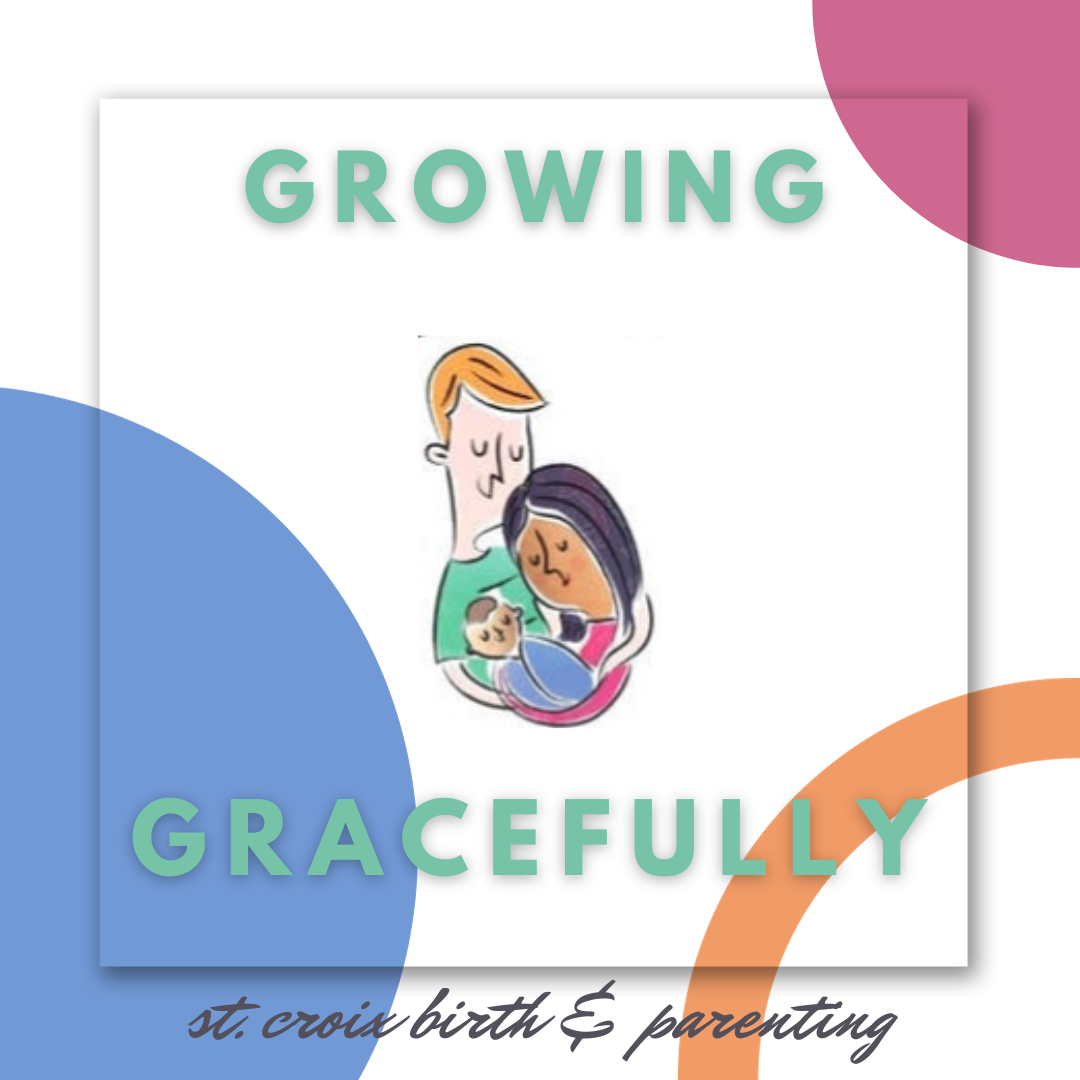
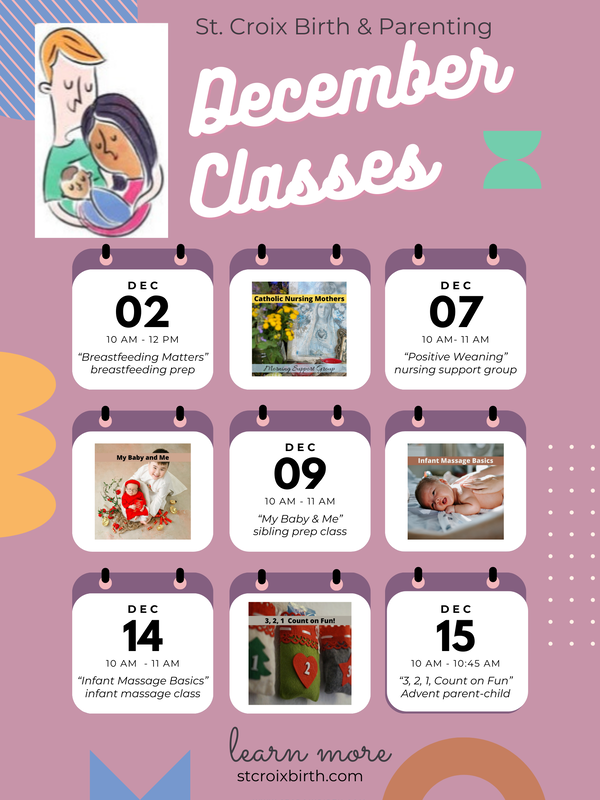
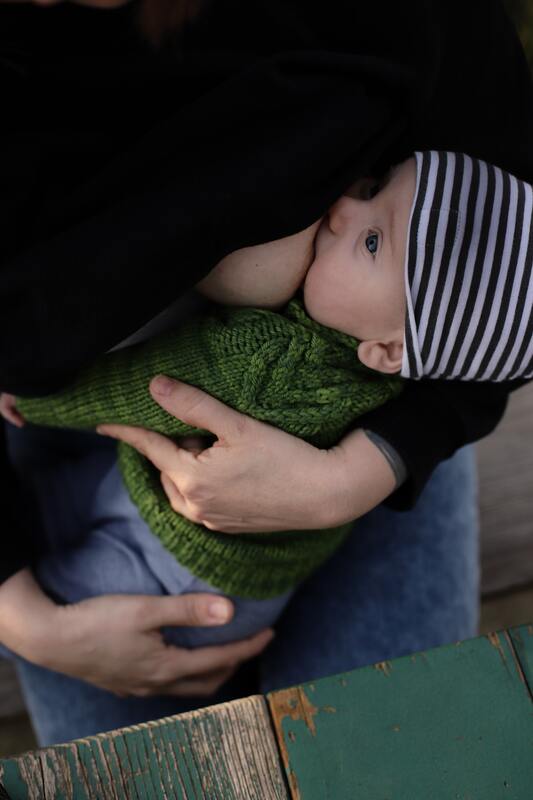
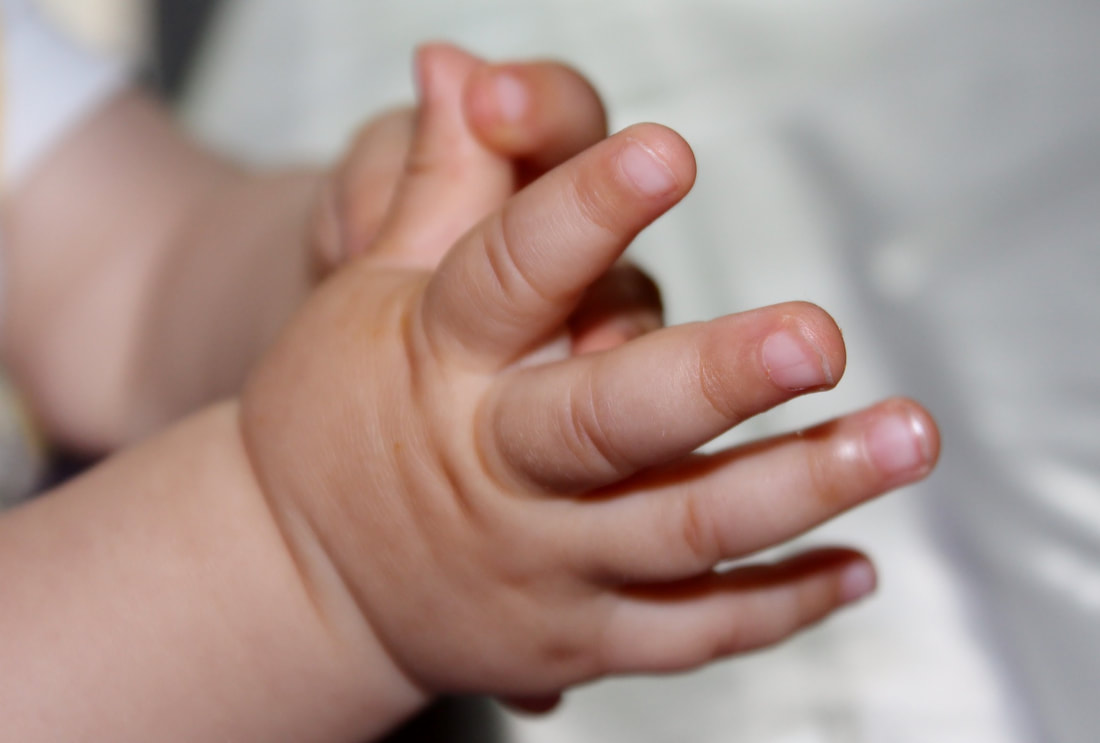
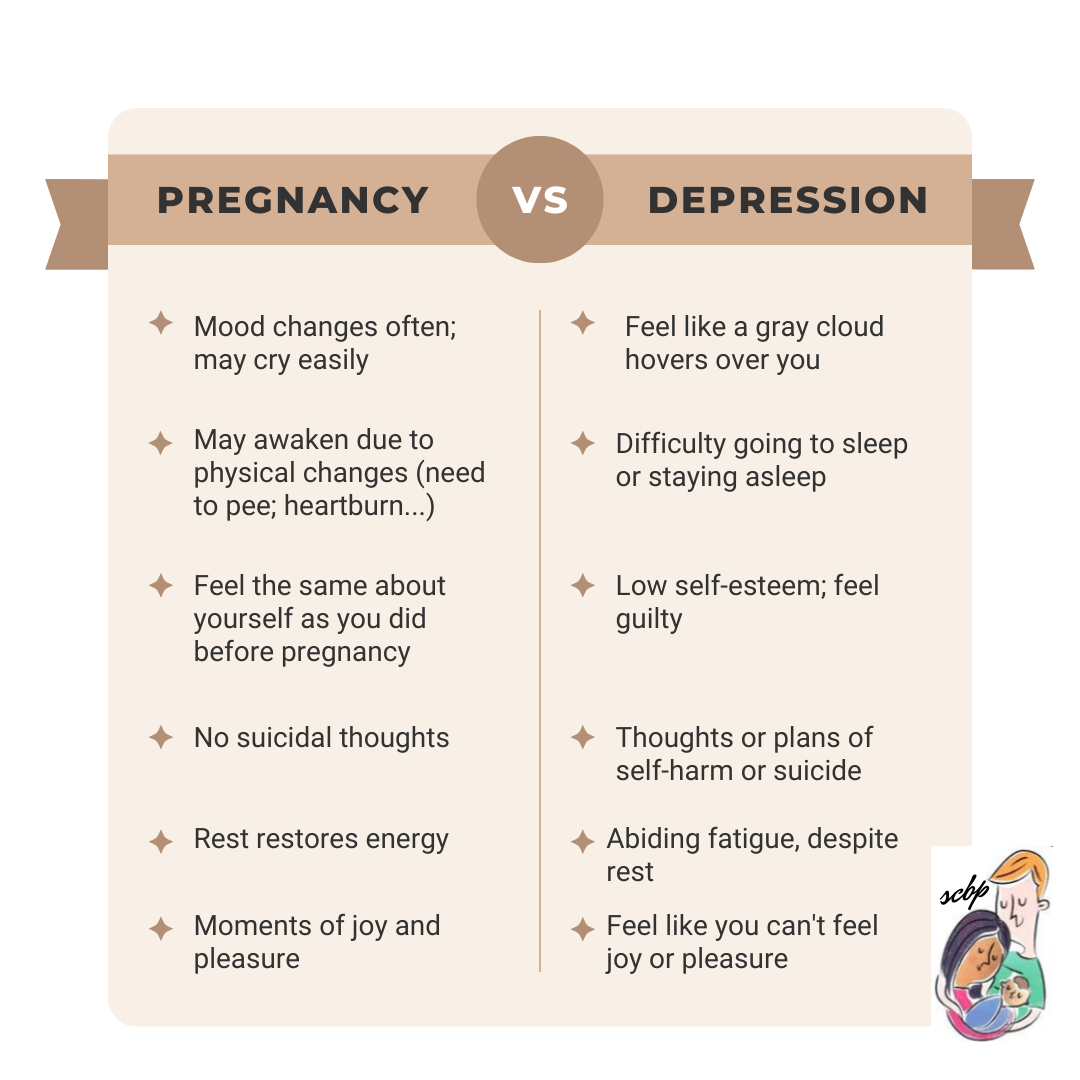
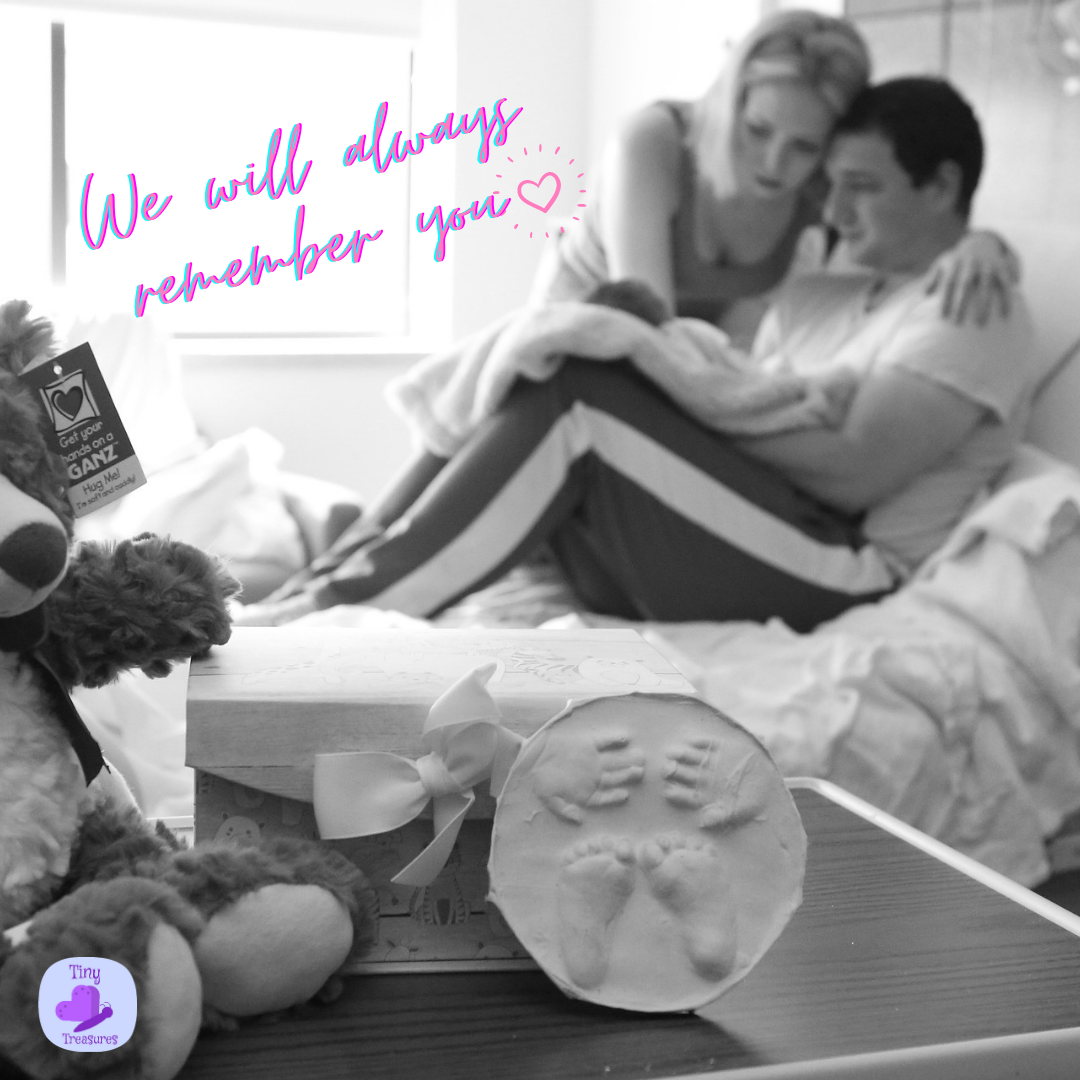
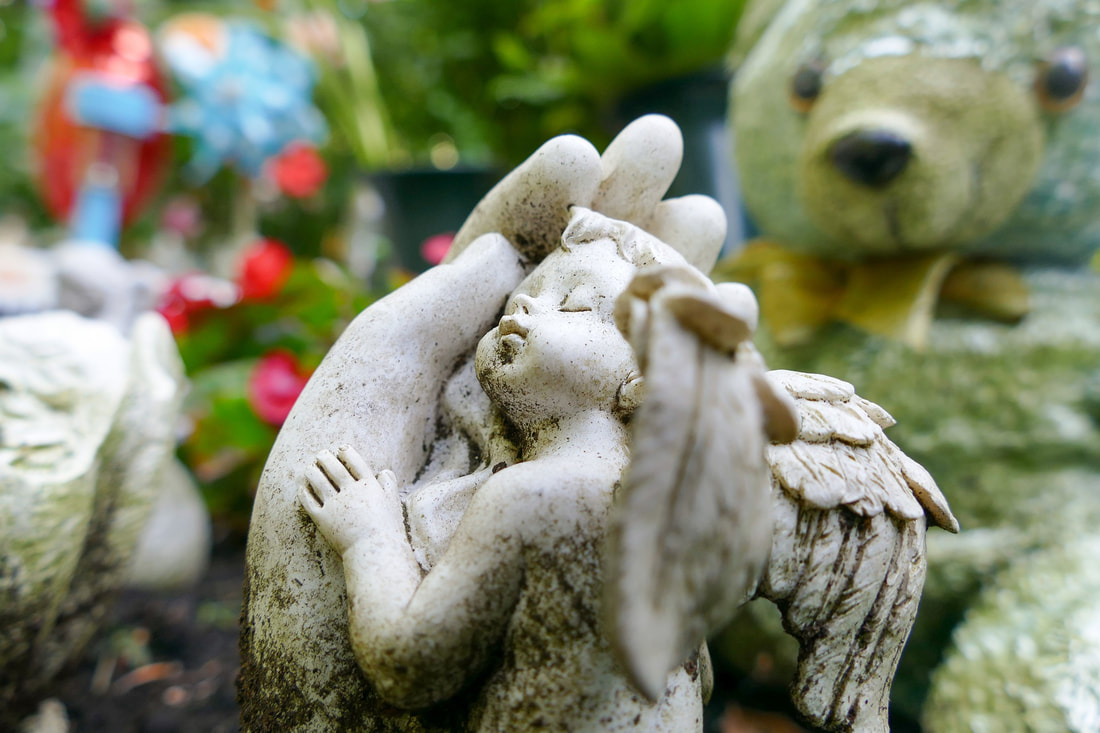
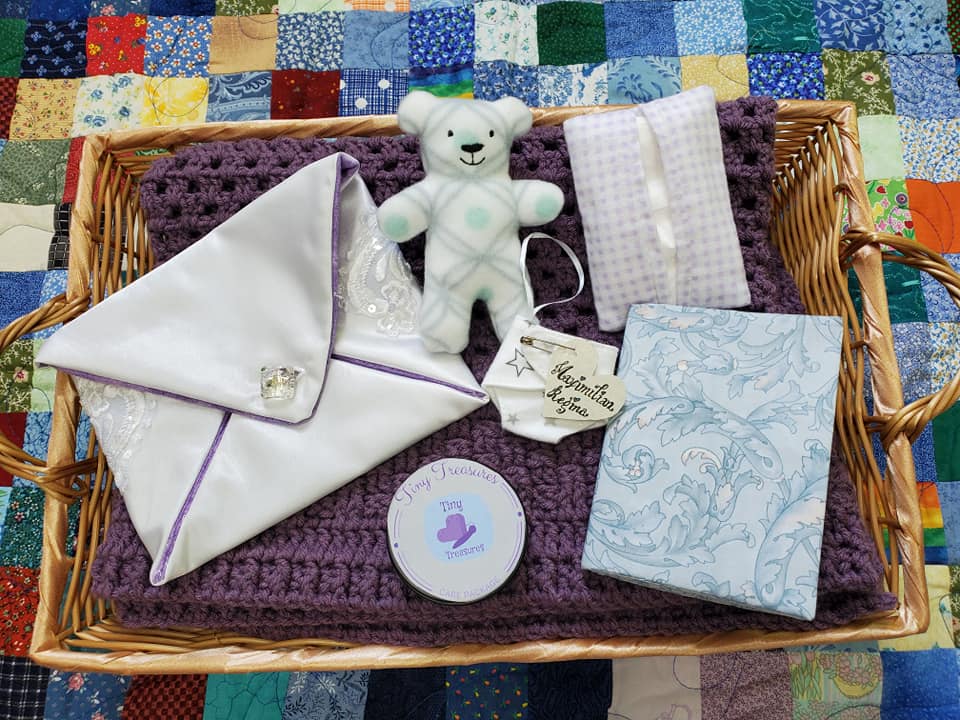
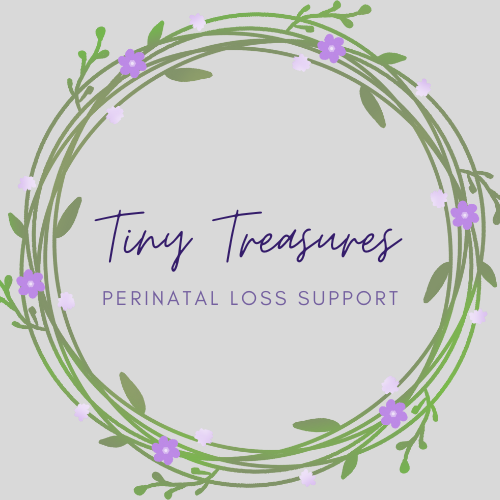
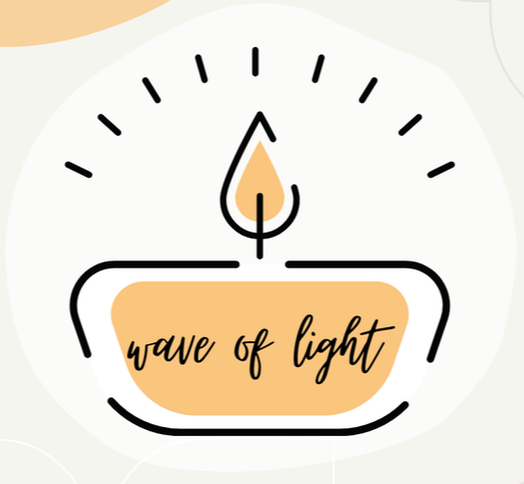
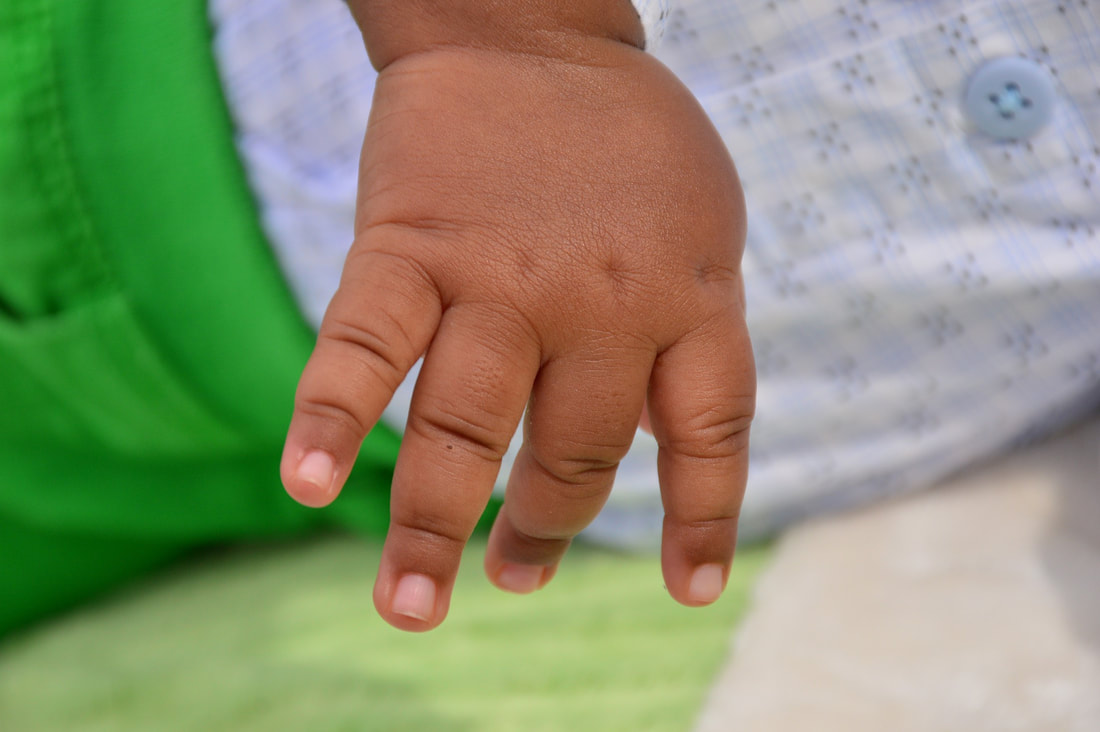
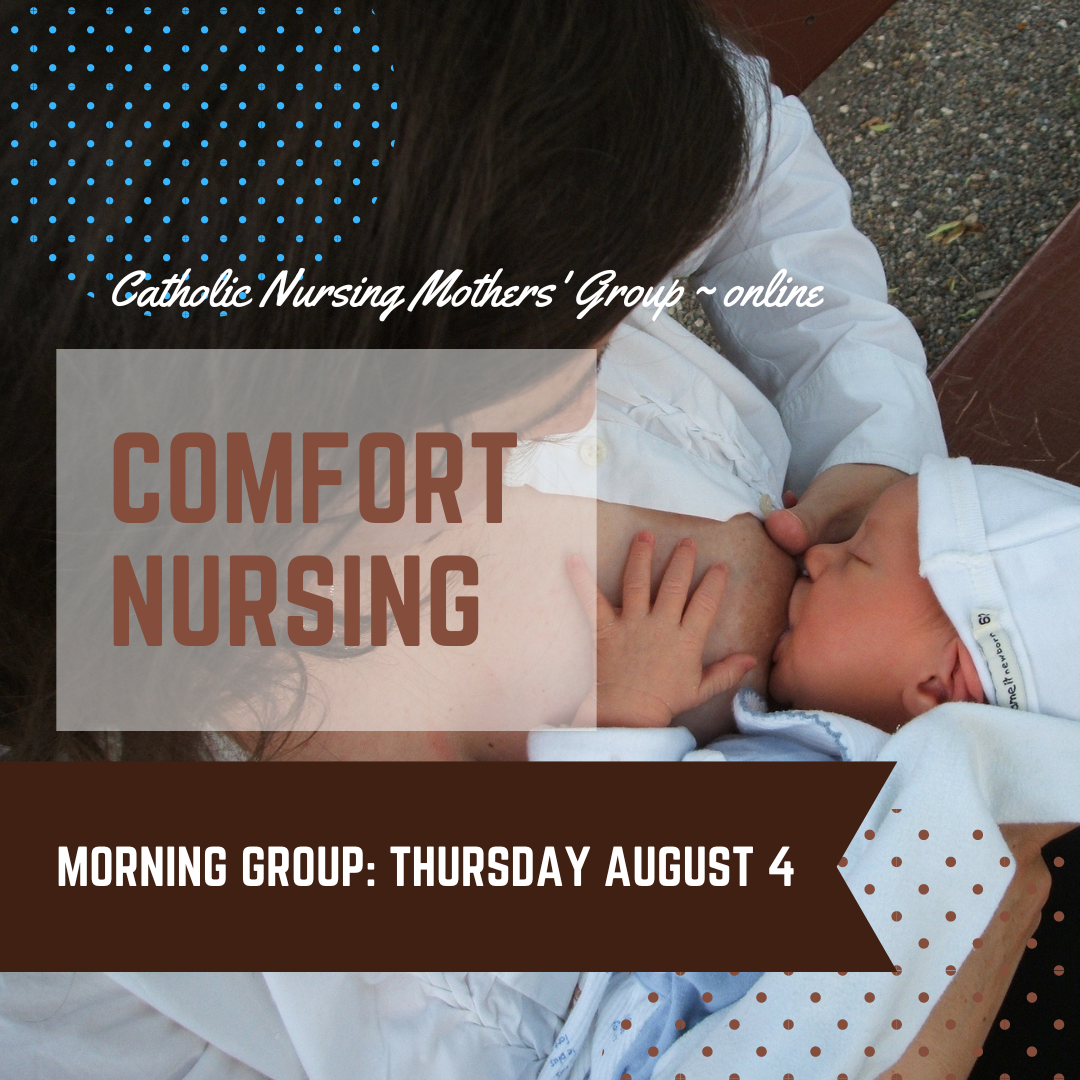
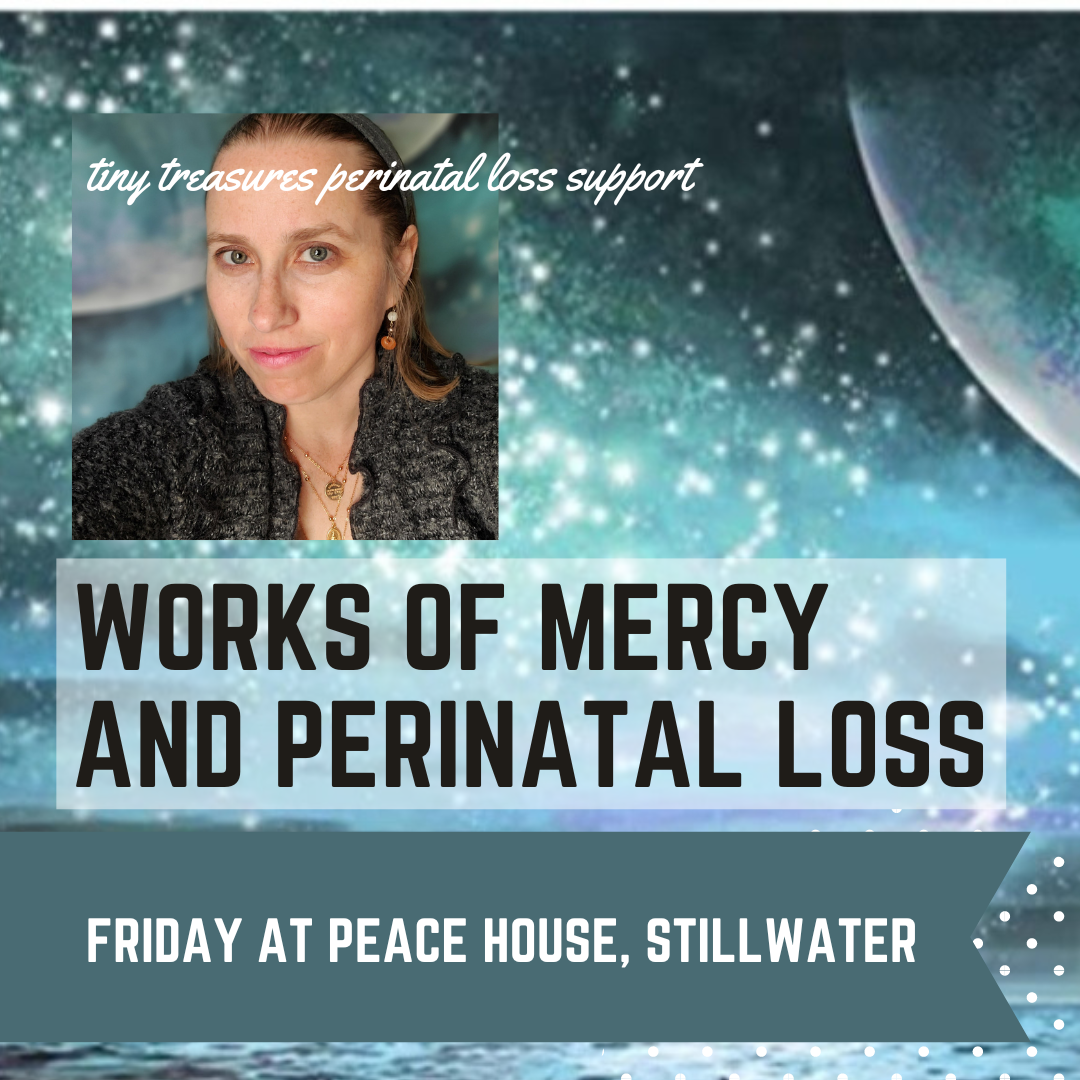

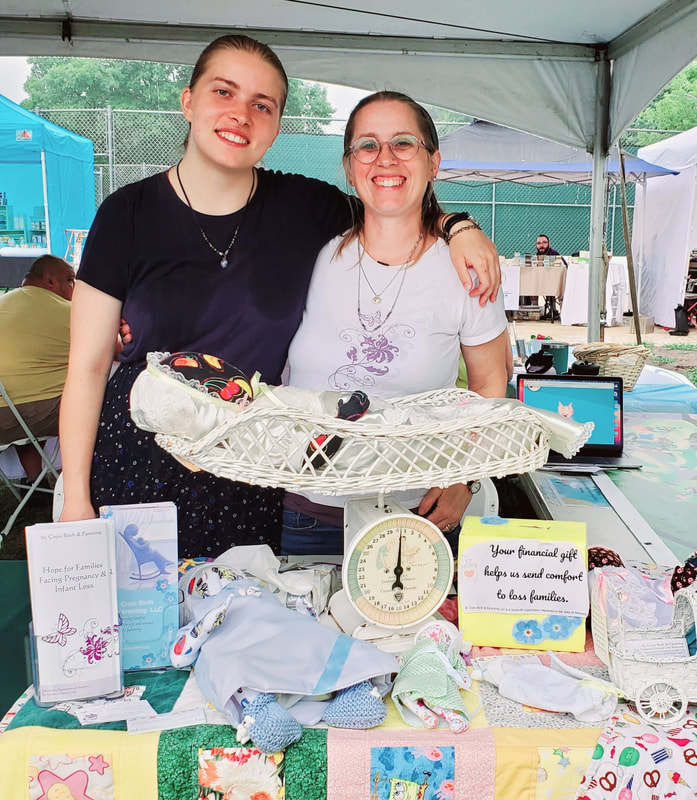
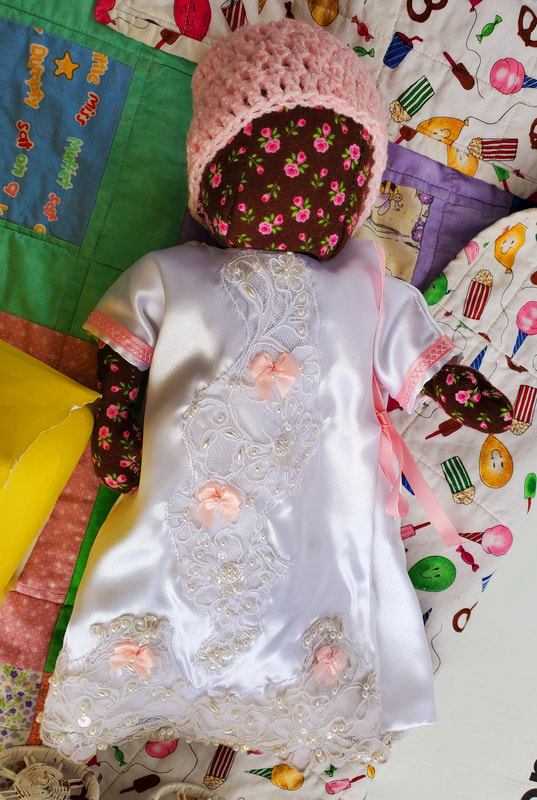
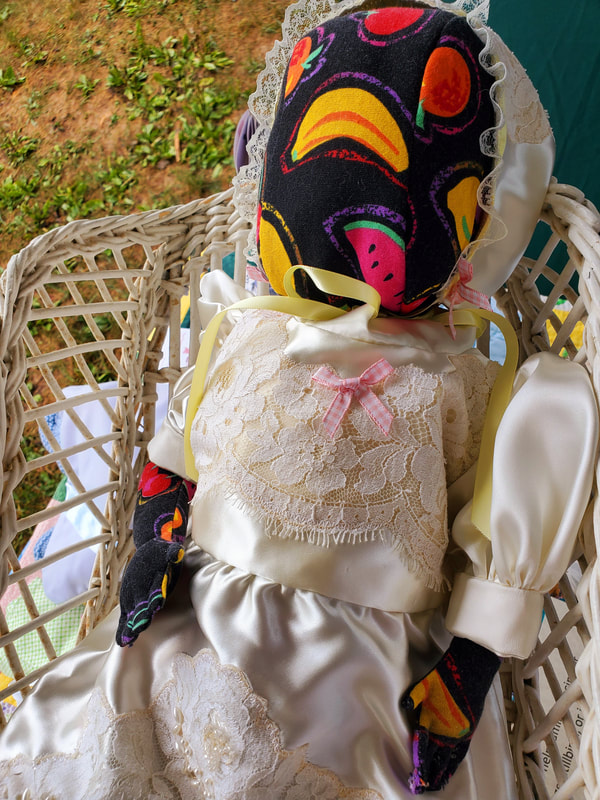
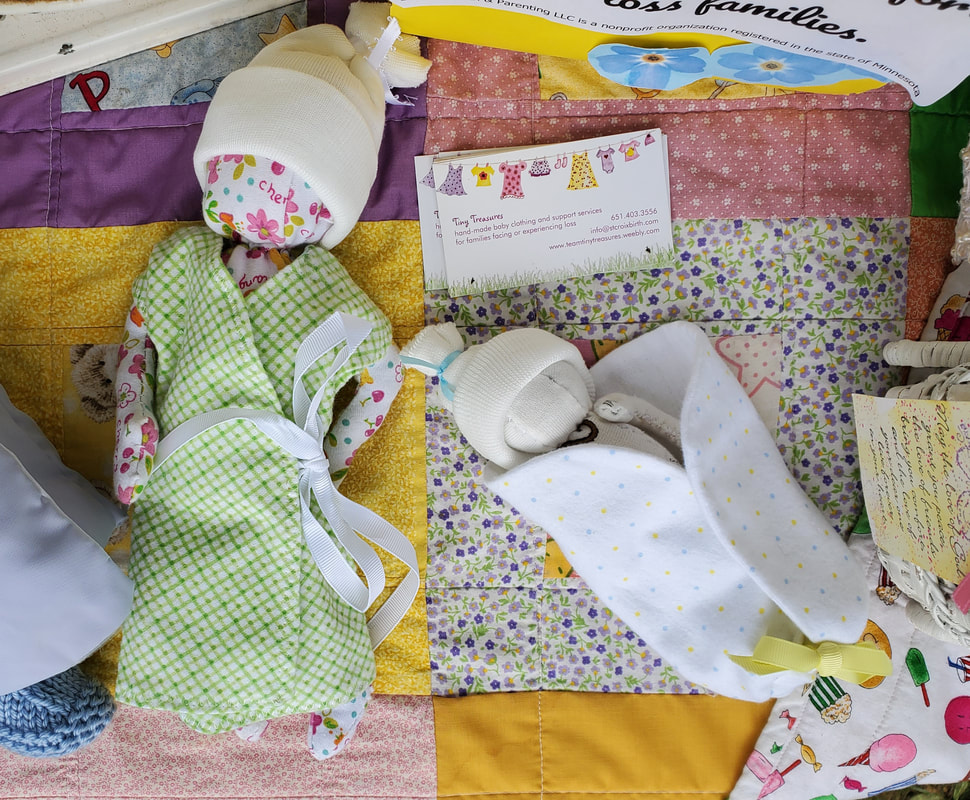
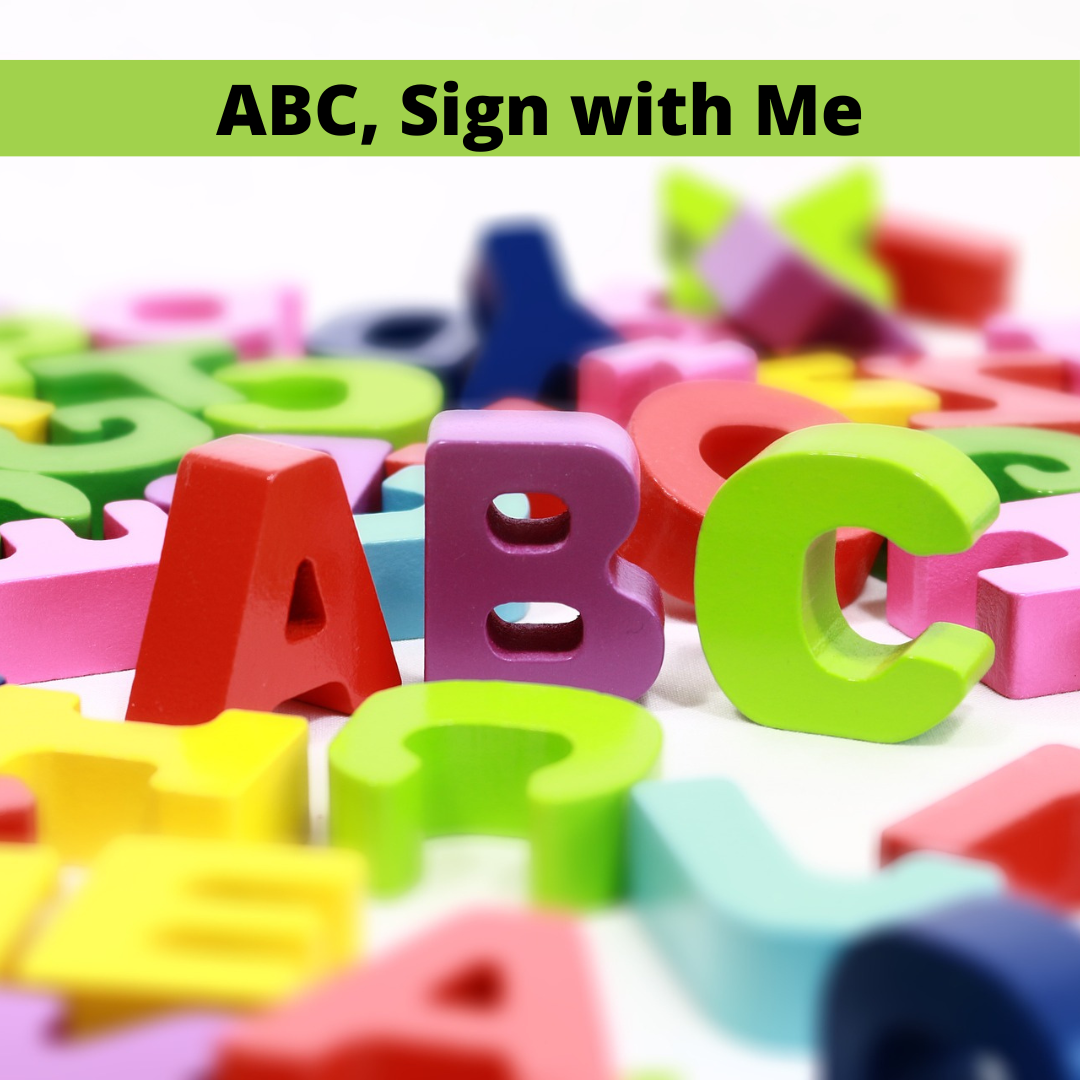
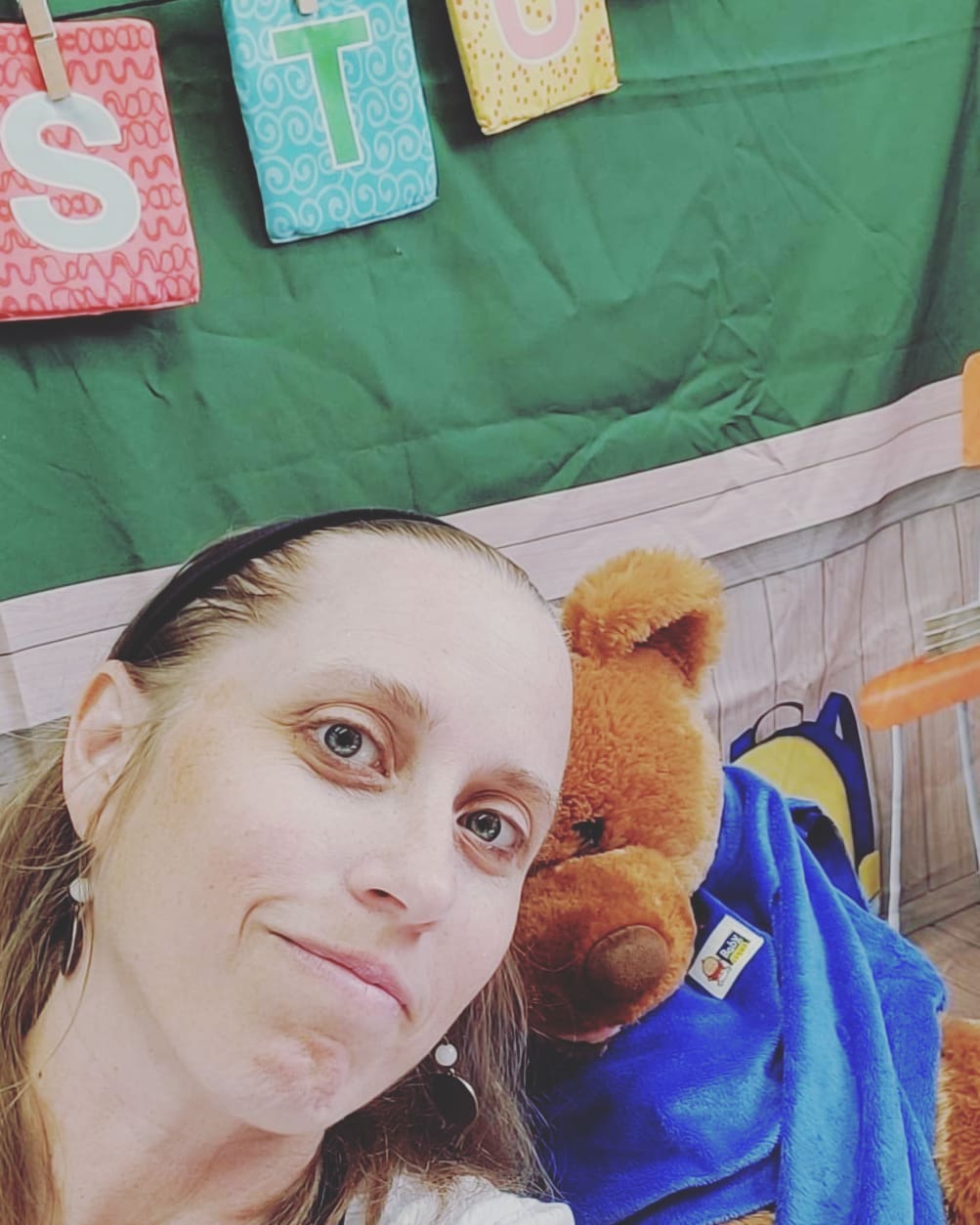
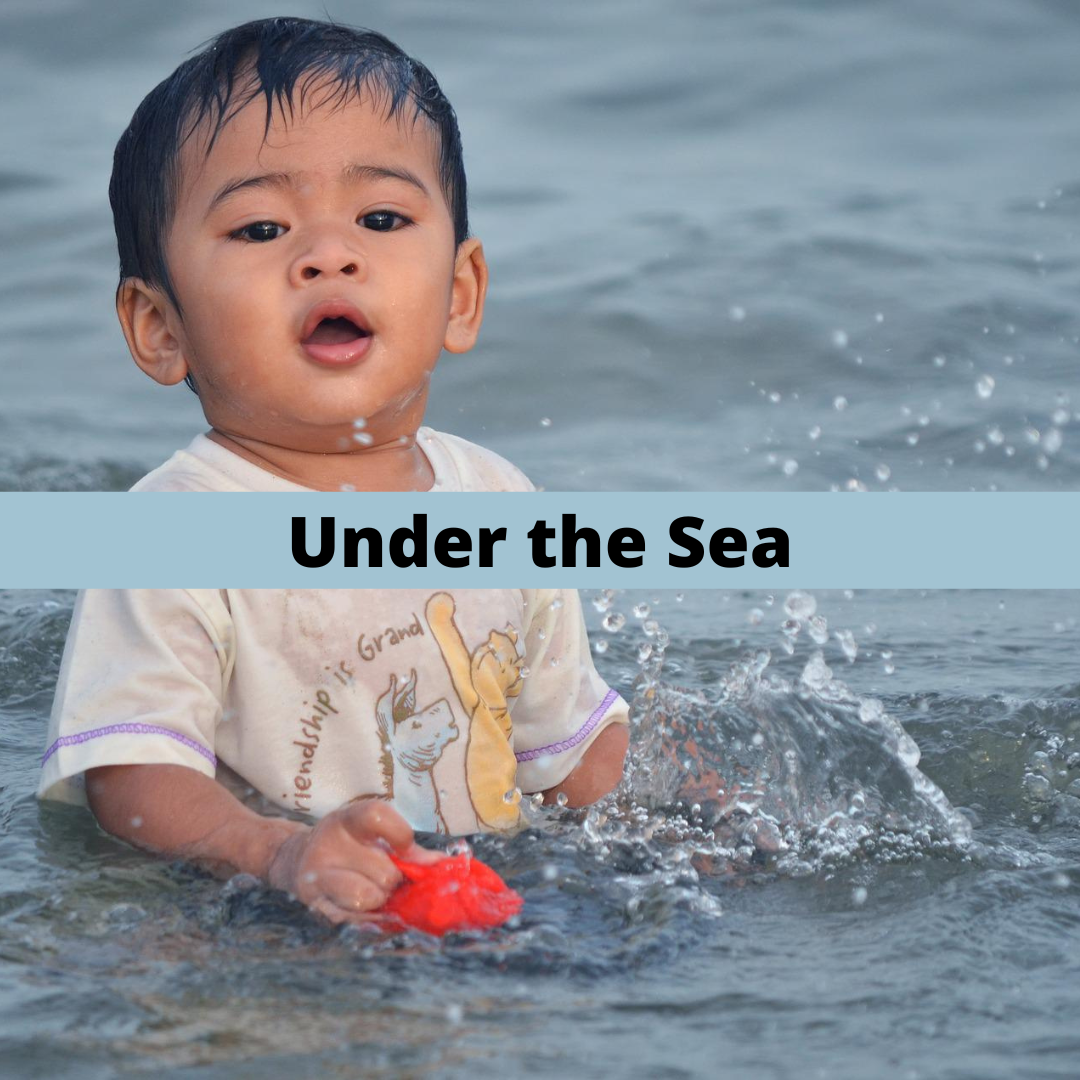
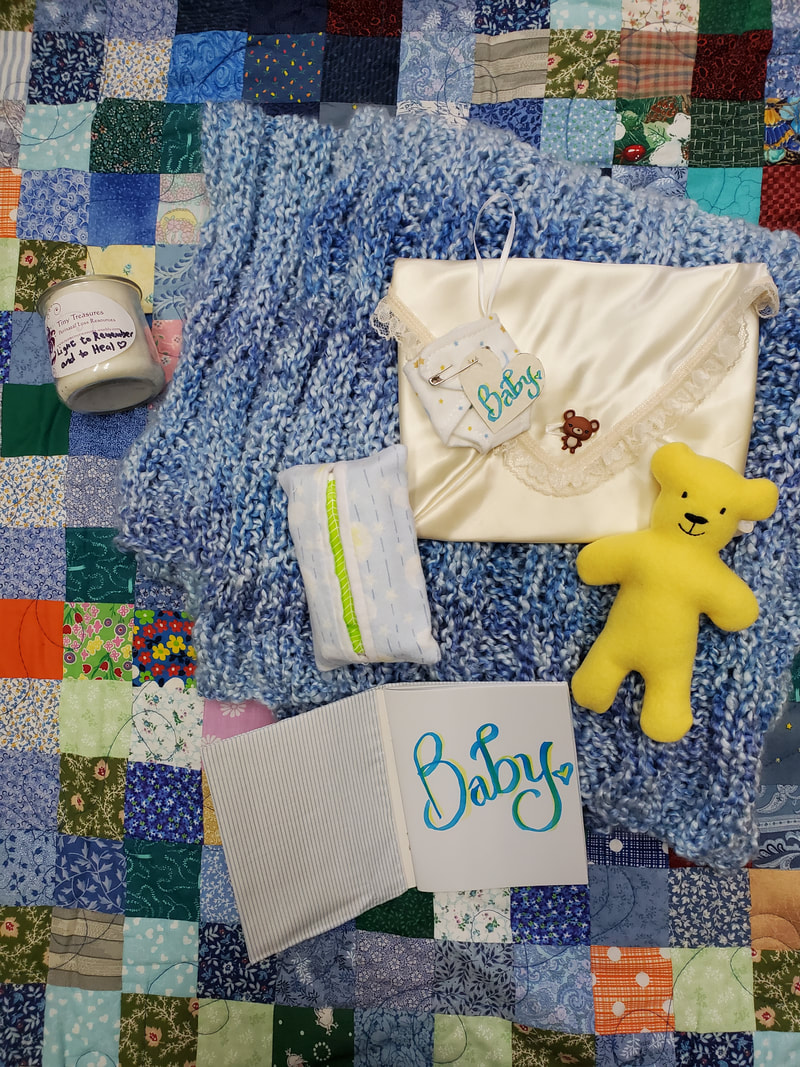
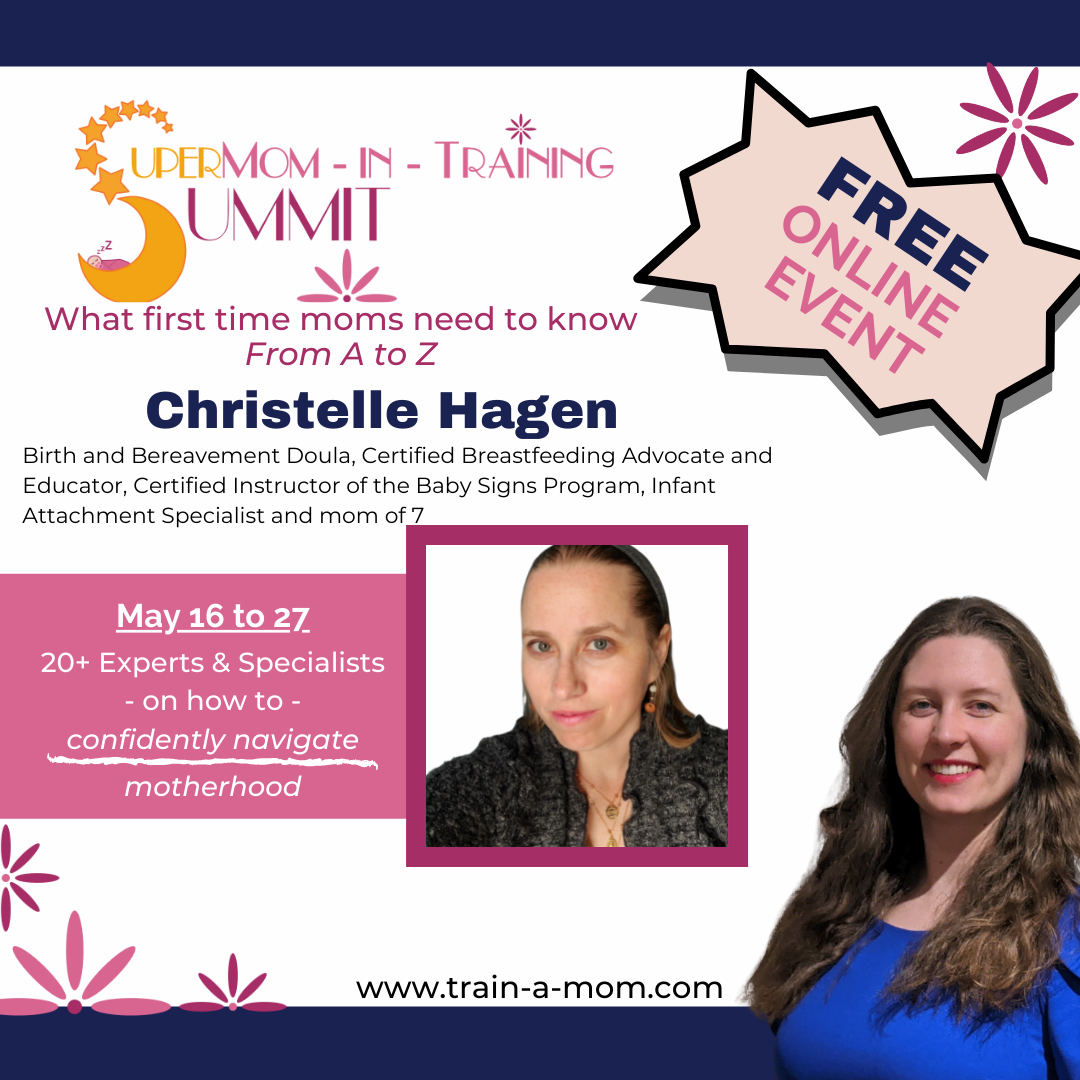

 RSS Feed
RSS Feed